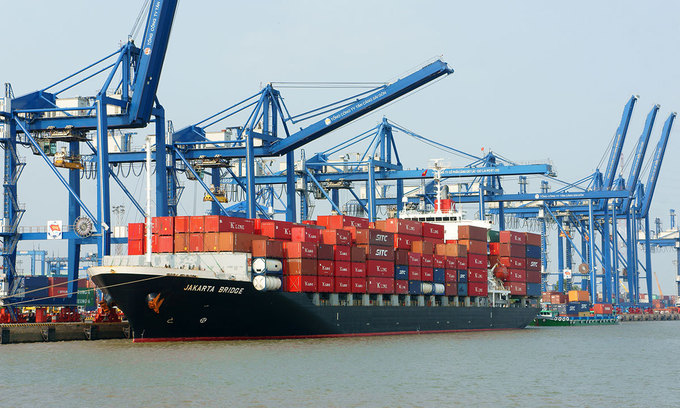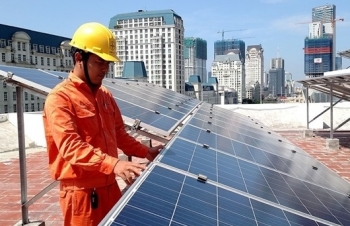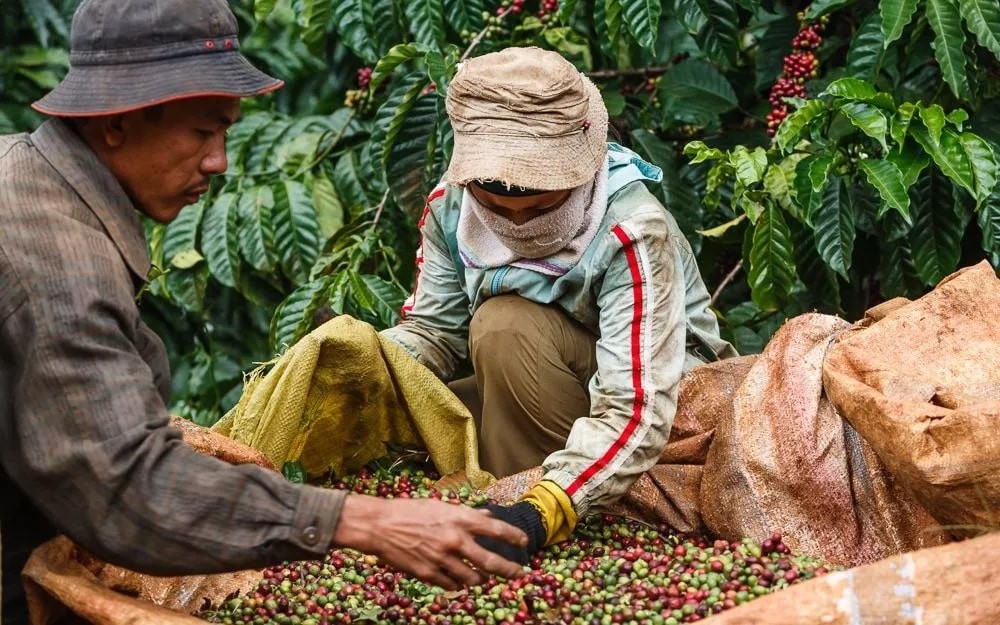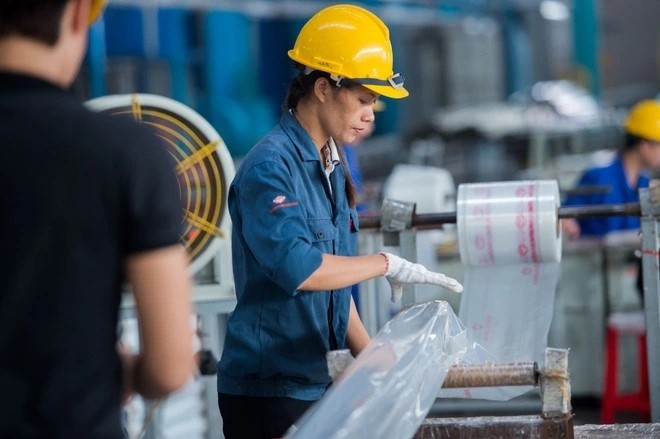World Bank Forecasts a 4.8% Growth in Vietnam Economy This Year
The figure was released at a press conference held on August 24 to announce the latest edition of Taking Stock – the WB’s biannual update on Vietnam’s economic performance.
The update highlights impacts on the economy associated with the most recent COVID-19 outbreak and the mobility measures adopted by the government to contain the pandemic, Vietnam Plus reported.
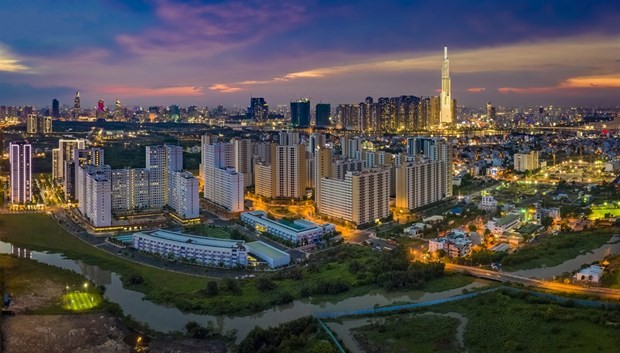 |
| A corner of District 2 of Ho Chi Minh City. Photo: VNA |
“Whether Vietnam’s economy will rebound in the second half of 2021 will depend on the control of the current COVID-19 outbreak, the effective vaccine rollout, and the efficiency of the fiscal measures to support affected business and households, and to stimulate the recovery,” Rahul Kitchlu, World Bank Acting Country Director for Vietnam, said in the WB's press release on August 24.
“While downside risks have heightened, economic fundamentals remain solid in Vietnam, and the economy could converge toward the pre-pandemic GDP growth rate of 6.5 to 7 percent from 2022 onward,” Kitchlu added.
The report suggests that the authorities should address the social consequences of the COVID-19 crisis by improving the depth and effectiveness of social protection programmes. They should also watch out for rising risks in the financial sector, while greater attention should be given to fiscal policy since policymakers will need to find the right balance between the need to support the recovery of the economy and the necessity to maintain a sustainable level of public debt.
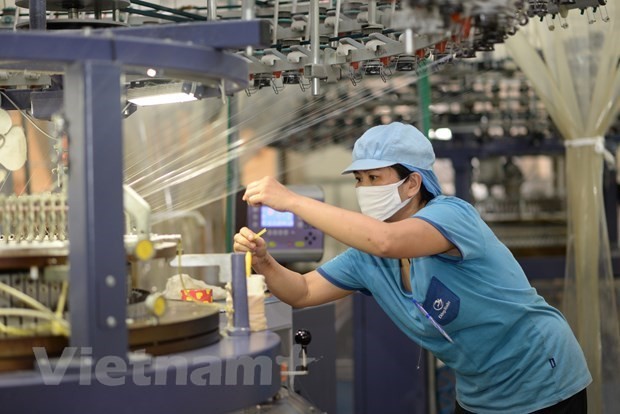 |
| Illustrative Photo: VNA |
In addition to analyzing the recent trends of the economy, this edition, titled “Digital Vietnam - The Path to Tomorrow”, focuses on what Vietnam needs to do to realize its ambition of becoming one of the most advanced digital economies in the world. The COVID-19 crisis has accelerated the digital transformation of the local economy as an increasing number of businesses in Vietnam are now offering their services online. The government has also enhanced the digitalization of its procedures and databases.
World Bank’s forecast on ASEAN region
Growth in East Asia and Pacific (EAP) is projected to accelerate to 7.7 percent in 2021, largely reflecting a strong rebound in China.
Nevertheless, output in two-thirds of the countries in the region will remain below pre-pandemic levels until 2022, as reported by ASEAN Now.
The pandemic is expected to dampen potential growth in many economies, especially those that suffered most from extended outbreaks of COVID-19 and the collapse of global tourism and trade.
Downside risks to the forecast include, the possibility of repeated and large COVID-19 outbreaks amid delayed vaccinations; heightened financial stress amplified by elevated debt levels; and the possibility of more severe and longer-lasting effects from the pandemic, including subdued investment and eroded human capital.
Disruptions from natural disasters are a constant source of severe downside risk for many countries, especially island economies.
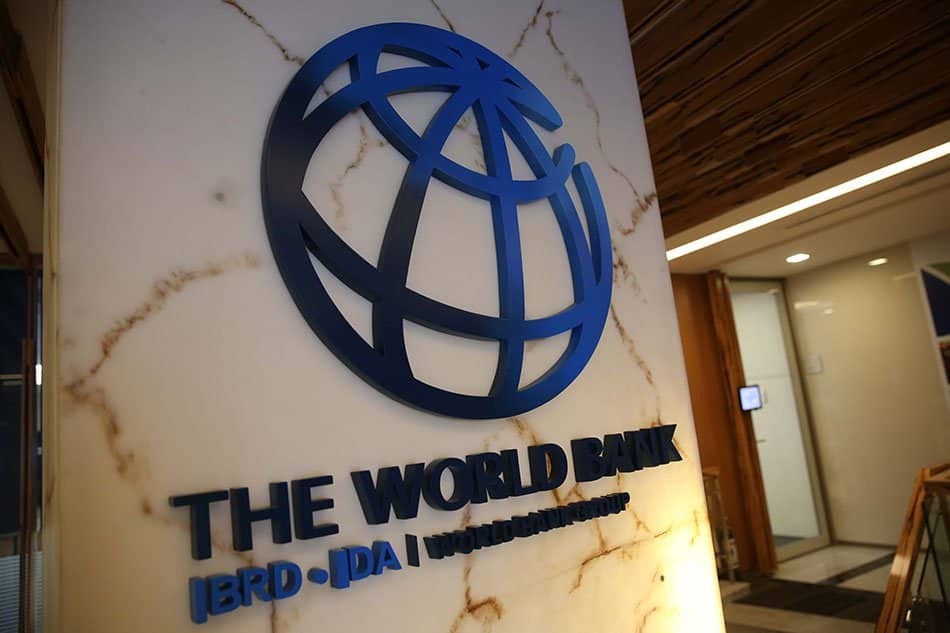 |
| Photo: ASEAN Now |
The Upside
On the upside, risks include accelerated vaccination rollouts and greater-than-expected spillovers from recoveries in the United States and other major economies.
Among the other large ASEAN countries (Malaysia, the Philippines, and Vietnam), only Vietnam, has seen output surpassing its prepandemic levels (figure 2.1.2.A).
Vietnam has been successful in containing COVID-19 and has benefitted from fiscal measures supporting public investment and robust foreign direct investment (FDI) inflows.
By contrast, output remains 8 percent below its pre-pandemic level in the more tourism-dependent Philippines, which has implemented extended periods of strict lockdowns in response to a severe COVID-19 outbreak and has also suffered from a series of natural disasters including super-typhoon Goni and a volcanic eruption.
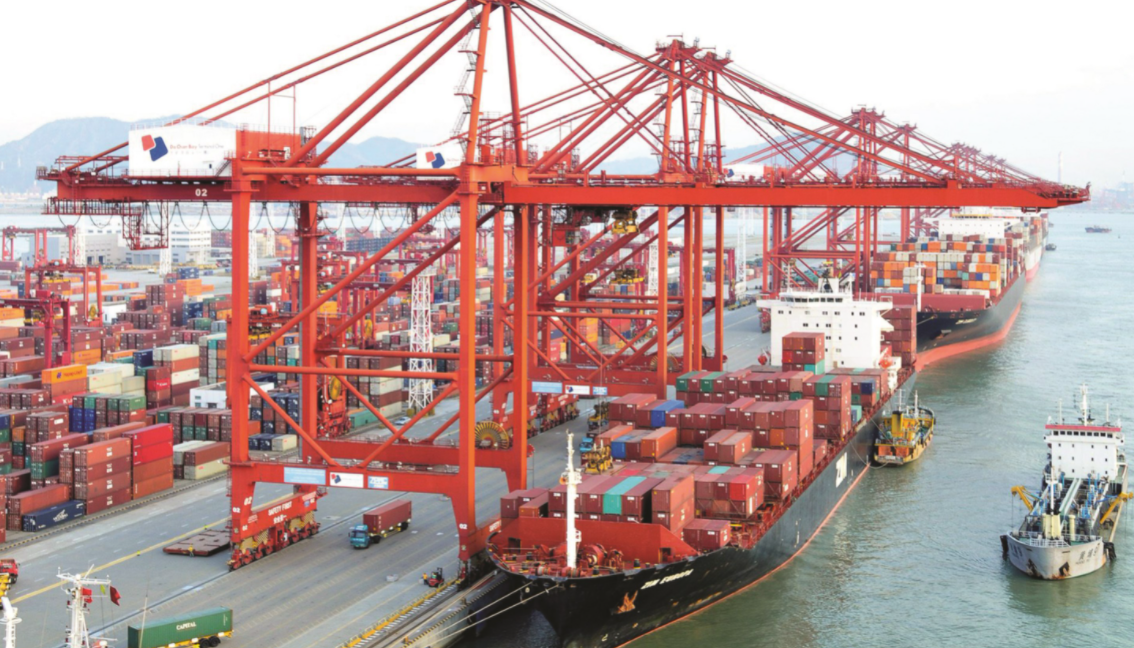 | Vietnamese Economy's Changes Over Last Five Years In their latest forecast, the International Monetary Fund and the Asian Development Bank said Vietnam is on track to outpace both Malaysia and Singapore this ... |
 | WB expresses agreement in supporting Vietnam’s socio-economic development Vietnamese Prime Minister Pham Minh Chinh suggested the World Bank provide support and recommendations for Viet Nam to finalize and realize its new green growth ... |
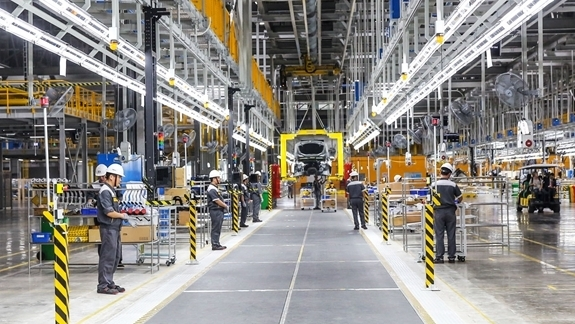 | WB: Most of Vietnam's economic indicators in April good Vietnam's industrial production continued its strong growth momentum in April, increasing by 1.1% compared to March, 24.1% higher than the same period in 2020. |
Recommended
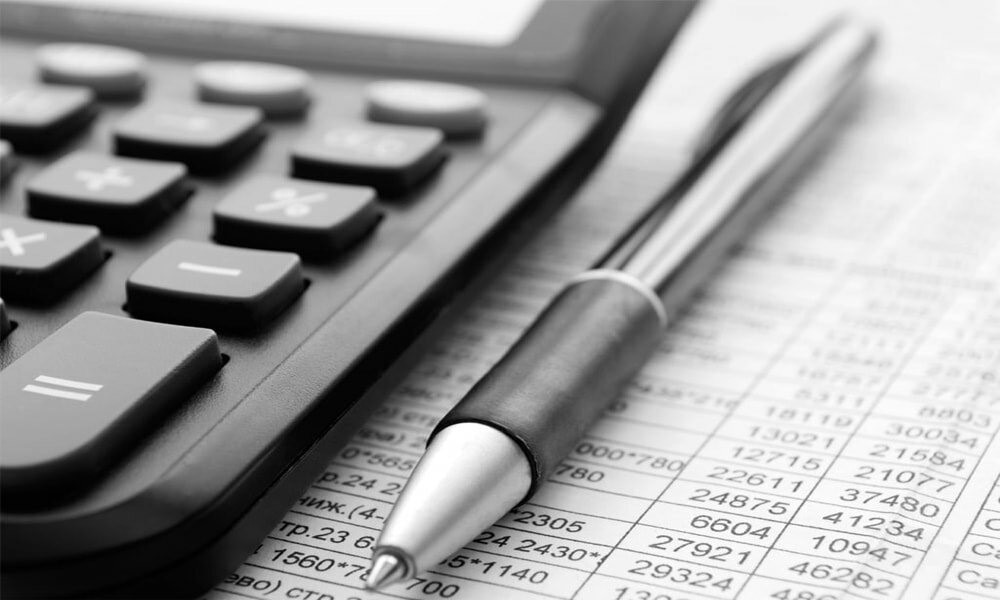 Economy
Economy
Pakistan's National Fiscal Pact
 Economy
Economy
Vietnam - US Towards Substantive Progress in Trade Negotiations
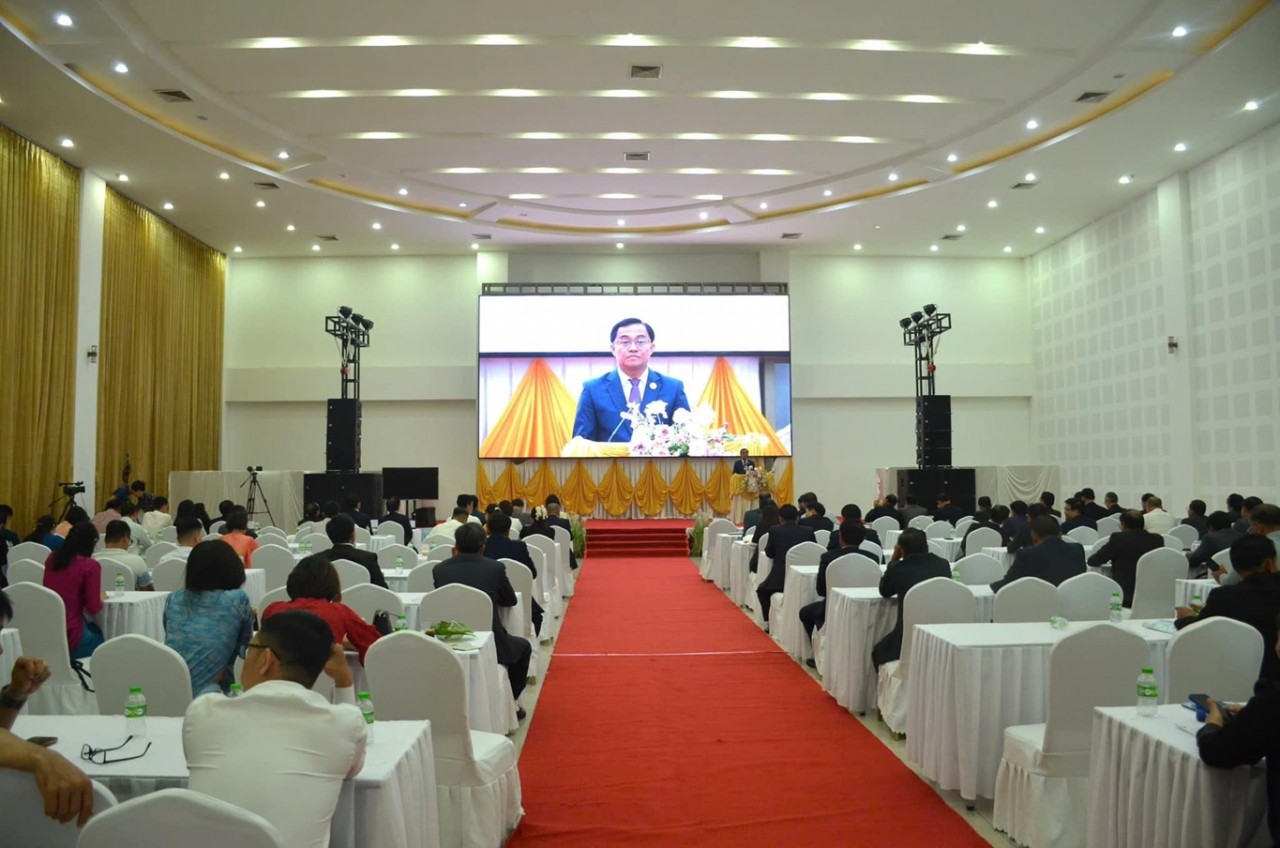 Economy
Economy

